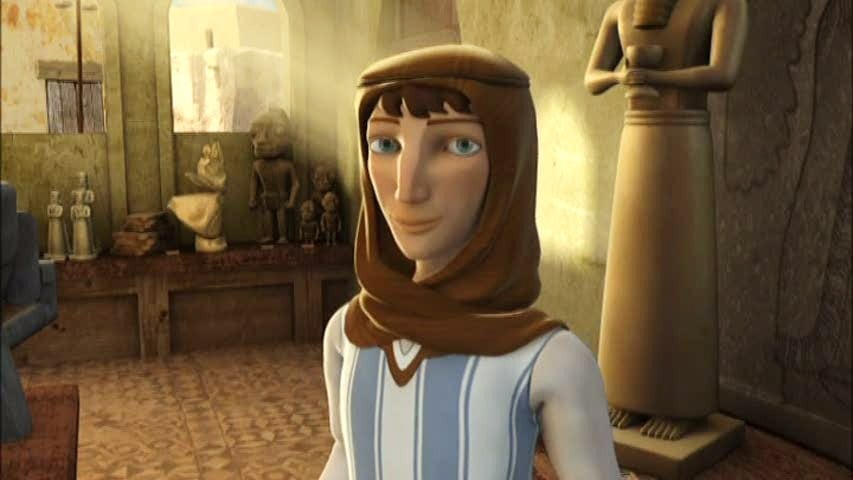ב"ה

Smashing Idols
The famous story from the Midrash about how Abraham destroyed the idols in his father's shop. An excerpt from the full DVD “Young Abraham”.

Using exclusively licensed technology from KabbalaLabs Disincorporated, the latest device in time-travel is now being marketed to the public by Infinity Labs Intergalactical. Inexpensive and easy to construct in your own backyard, the Super Sukkah will prove a big hit for the entire family, friends, hornets and in-laws.

Laws and customs of the holiday
What special rituals are performed on the holiday of Sukkot? How does one perform them? What are some of the deeper reasons for doing what we do? An expert in Jewish law gives an overview of the lulav and etrog, eating in a sukkah, and other Sukkot-related observances.

The yahrzeit of the Rebbe Maharash, the fourth Chabad Rebbe, falls just before Sukkos, a time when Jews busily prepare for the upcoming festival. In recalling his life’s work, we see how the Rebbe Maharash gave up personal comforts, working tirelessly to improve the spiritual and physical lives of Russian Jewry.

Learning Likutei Sichos vol. 29, Ki Seitzei sicha 1
Explore the different types of prohibited mixes (in clothing, seeds, and animals). Learn which energies don't mix well (and why), which will explain why specifically shatnex (unlike other forbidden mixtures) can be used in a mitzvah (for the priestly garm

Learning Likutei Sichos vol. 29, Ki Savo sicha 1
At times, when giving Bikkurim to the Kohen, the basket is also gifted. Learn four ways to understand the role of the container of the first fruit. Discover the spiritual takeaway: our souls are so lofty, how do they benefit from living in our limited bod
Get the Chabad.org Video app























































































